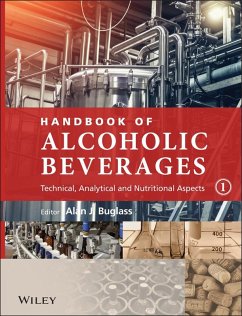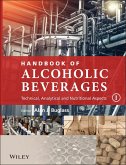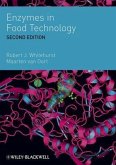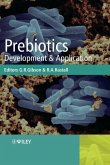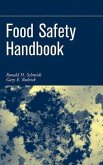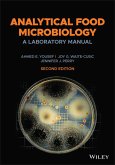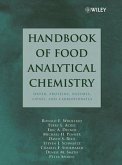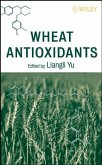HANDBOOK OF ALCOHOLIC BEVERAGES A comprehensive two-volume set that describes the science and technology involved in the production and analysis of alcoholic beverages HANDBOOK OF ALCOHOLIC BEVERAGES Technical, Analytical and Nutritional Aspects At the heart of all alcoholic beverages is the process of fermentation, particularly alcoholic fermentation, whereby sugars are converted to ethanol and many other minor products. The Handbook of Alcoholic Beverages tracks the major fermentation process, and the major chemical, physical and technical processes that accompany the production of the world's most familiar alcoholic drinks. Indigenous beverages and small-scale production are also covered to a significant extent. The overall approach is multidisciplinary, reflecting the true nature of the subject. Thus, aspects of biochemistry, biology (including microbiology), chemistry, health science, nutrition, physics and technology are all necessarily involved, but the emphasis is on chemistry in many areas of the book. Emphasis is also on more recent developments and innovations, but there is sufficient background for less experienced readers. The approach is unified, in that although different beverages are dealt with in different chapters, there is extensive cross-referencing and comparison between the subjects of each chapter. Appropriate for food professionals working in the development and manufacture of alcohol-based drinks, as well as academic and industrial researchers involved in the development of testing methods for the analysis and regulation of alcohol in the drinks industry. Divided into five parts, this comprehensive two-volume work presents: * INTRODUCTION, BACKGROUND AND HISTORY: a simple introduction to the history and development of alcohol and some recent trends and developments. * FERMENTED BEVERAGES: BEERS, CIDERS, WINES AND RELATED DRINKS: the latest innovations and aspects of the different fermentation processes used in beer, wine, cider, liqueur wines, fruit wines, low-alcohol and related beverages. * SPIRITS: covers distillation methods and stills used in the production of whisky, cereal- and cane-based spirits, brandy, fruit spirits and liqueurs. * ANALYTICAL METHODS: covering the monitoring of processes in the production of alcoholic beverages, as well as sample preparation, chromatographic, spectroscopic, electrochemical, physical, sensory and organoleptic methods of analysis. * NUTRITION AND HEALTH ASPECTS RELATING TO ALCOHOLIC BEVERAGES: includes a discussion on nutritional aspects, both macro- and micro-nutrients, of alcoholic beverages, their ingestion, absorption and catabolism, the health consequences of alcohol, and details of the additives and residues within the various beverages and their raw materials.
Dieser Download kann aus rechtlichen Gründen nur mit Rechnungsadresse in A, B, BG, CY, CZ, D, DK, EW, E, FIN, F, GR, HR, H, IRL, I, LT, L, LR, M, NL, PL, P, R, S, SLO, SK ausgeliefert werden.

